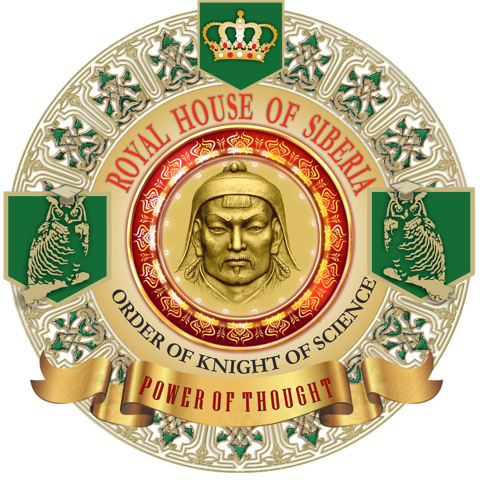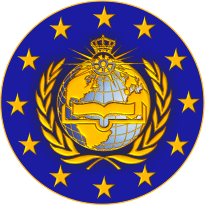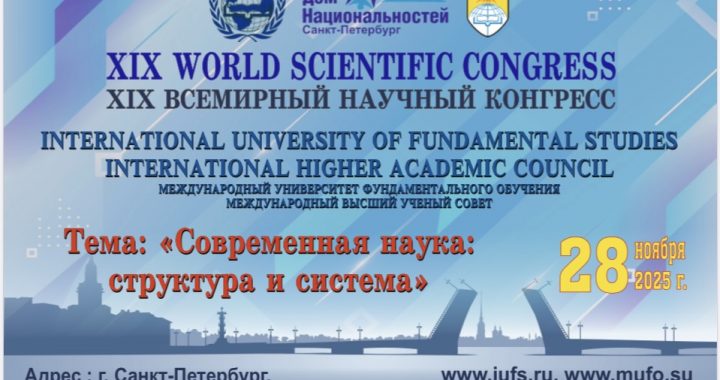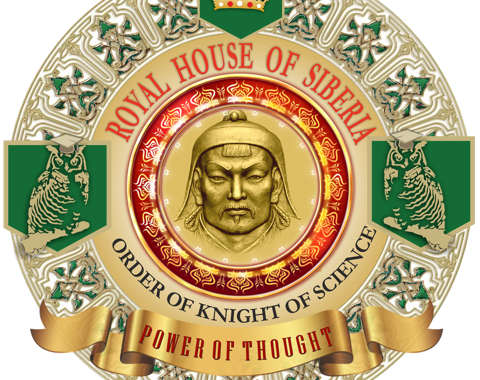ORDER OF KNIGHT OF SCIENCE – ROYAL HOUSE OF SIBERIA
2 min read
Charter of the Order of Knights of Science.
His Imperial Highness Tsarevich and Prince Igor Vladimirovich Sibirsky, Head of the House of Genghis Khan Tsarevichs and Princes of Siberia (Imperial House of Siberia), Supreme Ruler of the Dynastic Order of the Siberian Kingdom, direct male descendant of Genghis Khan and Khan of Siberia, is the Sovereign and source of Honour (Latin: fons honorum) of the Order of Knights of Science.
According to international law, the source of Honour can be a descendant, the head of a previously ruling dynasty, which was forcibly overthrown without debellatio – ‘not defeated’ (the term debellatio means the loss of power by a monarch through voluntary renunciation of his own functions and the special privileges associated with them).
The rights of deposed monarchs are enshrined in international law. According to these laws, a monarch may be forcibly deprived of the throne and even expelled from his state, but he cannot be deprived of his inherent right to spiritual possession of fons honorum (sources of honour). If such a case occurs, the deposed monarch becomes a pretender to the lost throne. In this status, he retains all the rights of a monarch, including Jus najestatis – the rights of sovereignty, honours and protection appropriate to his rank. Also jus honorum, namely: the right to grant noble titles, honorary ranks of spiritual, knightly and hereditary orders, which are the dynastic heritage of the Family.
The head, a descendant of the Sovereign Family, has Jure sanguinis –
the right to royal prerogatives, which come from jus honorum, to grant: noble titles, family coats of arms, honorary titles and knightly ranks, orders, as well as the creation of dynastic orders, and the right of a subject of international law to the title of Grand Master of non-traditional Orders
According to international norms, the right to bestow noble honours is separate from the sovereign’s relations with public institutions and the fatherland. This right may be extended by Him to people who have distinguished themselves by their actions in favour of the Sovereign House, or for public services that have touched the feelings of the Prince Pretender, among which may be charitable activities, acts of mercy and others….
According to international law, the descendants of such dynasties forever retain their inherent qualities, and the living Head of this Family retains the titles and prerogatives of the last deposed monarch. He bears the name of Prince Pretender and has the right to be addressed as Imperial Highness, Royal Highness, or Highness (Most Serene Prince)
According to international law, nowadays a noble title (with a predicate, rank, and coat of arms) granted deservedly is conceptually no different from the honours received in past centuries (although it is granted and not hereditary), as it is the prerogative of the sovereign (rex tantum nobilem facere potest), and its conferral and transfer are regulated by an executive act of investiture, in other words, a letter of grant.


